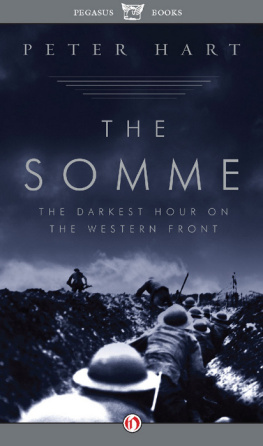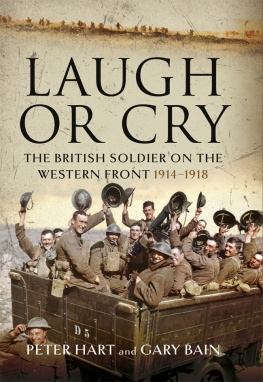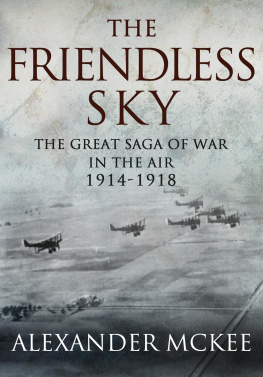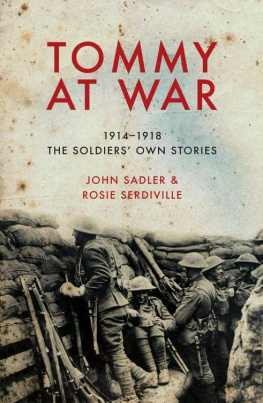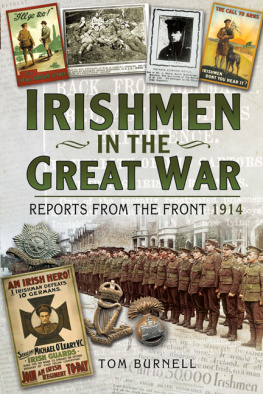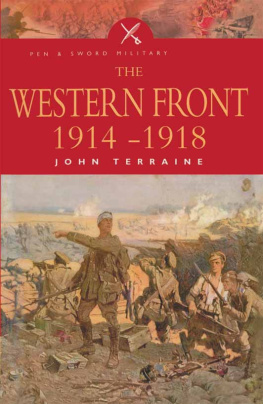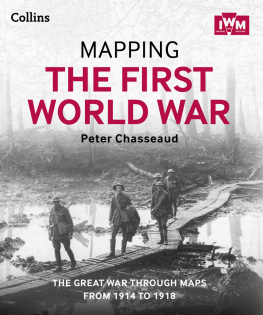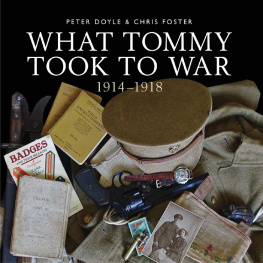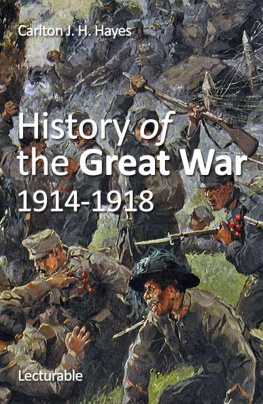Peter Hart - Great War: 1914-1918
Here you can read online Peter Hart - Great War: 1914-1918 full text of the book (entire story) in english for free. Download pdf and epub, get meaning, cover and reviews about this ebook. publisher: Profile Books, genre: History. Description of the work, (preface) as well as reviews are available. Best literature library LitArk.com created for fans of good reading and offers a wide selection of genres:
Romance novel
Science fiction
Adventure
Detective
Science
History
Home and family
Prose
Art
Politics
Computer
Non-fiction
Religion
Business
Children
Humor
Choose a favorite category and find really read worthwhile books. Enjoy immersion in the world of imagination, feel the emotions of the characters or learn something new for yourself, make an fascinating discovery.

- Book:Great War: 1914-1918
- Author:
- Publisher:Profile Books
- Genre:
- Rating:3 / 5
- Favourites:Add to favourites
- Your mark:
- 60
- 1
- 2
- 3
- 4
- 5
Great War: 1914-1918: summary, description and annotation
We offer to read an annotation, description, summary or preface (depends on what the author of the book "Great War: 1914-1918" wrote himself). If you haven't found the necessary information about the book — write in the comments, we will try to find it.
Great War: 1914-1918 — read online for free the complete book (whole text) full work
Below is the text of the book, divided by pages. System saving the place of the last page read, allows you to conveniently read the book "Great War: 1914-1918" online for free, without having to search again every time where you left off. Put a bookmark, and you can go to the page where you finished reading at any time.
Font size:
Interval:
Bookmark:
THE GREAT WAR
ALSO BY PETER HART
Gallipoli
1918: A Very British Victory
Aces Falling: War Above the Trenches, 1918
The Somme
Bloody April: Slaughter in the Skies Over Arras, 1917
Somme Success: The RFC and the Battle of the Somme
WITH NIGEL STEEL
Tumult in the Clouds
Defeat at Gallipoli
Passchendaele
Jutland 1916
PETER HART

First published in Great Britain in 2013 by
PROFILE BOOKS LTD
3A Exmouth House
Pine Street
London EC1R 0JH
www.profilebooks.com
Copyright Peter Hart, 2013
1 3 5 7 9 10 8 6 4 2
Typeset in Stone Serif by MacGuru Ltd
info@macguru.org.uk
Printed and bound in Great Britain by
Clays, Bungay, Suffolk
The moral right of the author has been asserted.
All rights reserved. Without limiting the rights under copyright reserved above, no part of this publication may be reproduced, stored or introduced into a retrieval system, or transmitted, in any form or by any means (electronic, mechanical, photocopying, recording or otherwise), without the prior written permission of both the copyright owner and the publisher of this book.
A CIP catalogue record for this book is available from the British Library.
ISBN 978 1 84668 246 9
eISBN 978 1 84765 411 3
The paper this book is printed on is certified by the 1996 Forest Stewardship Council A.C. (FSC). It is ancient-forest friendly. The printer holds FSC chain of custody SGS-COC-2061

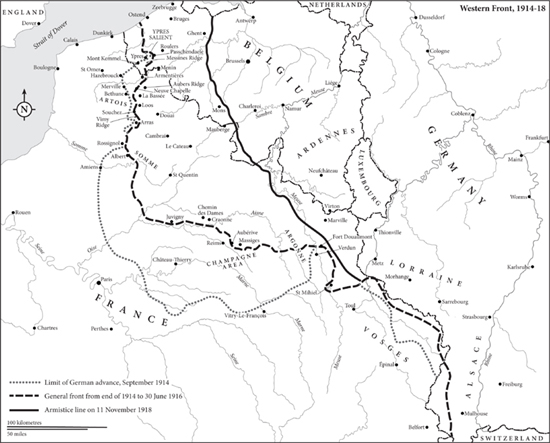


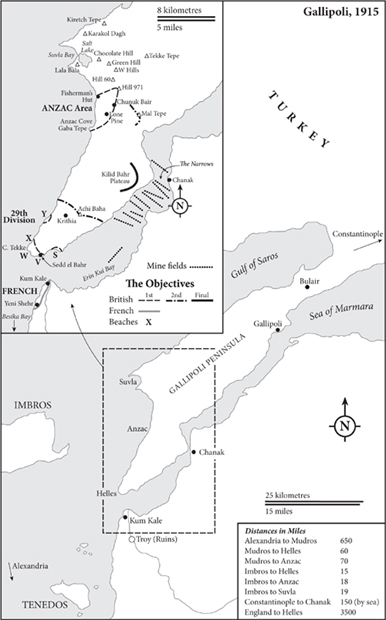
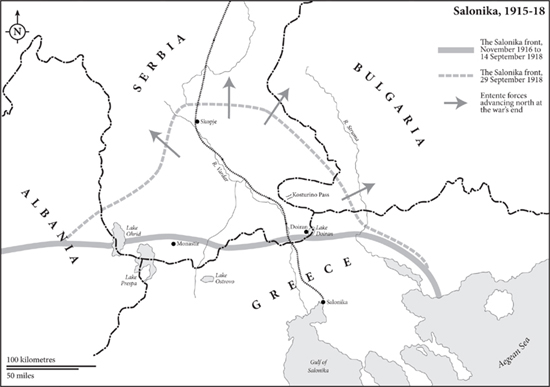
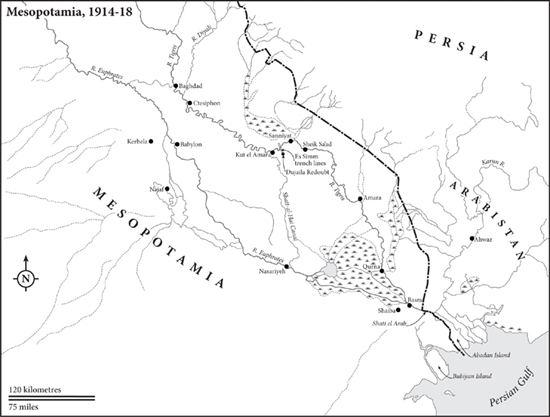
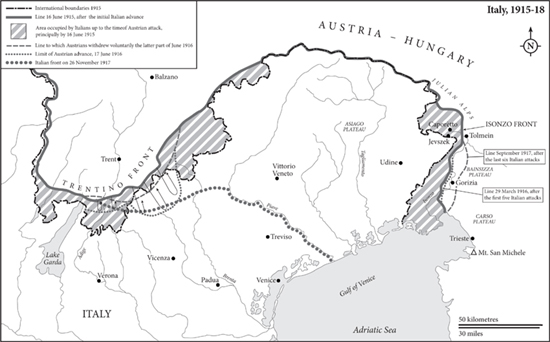
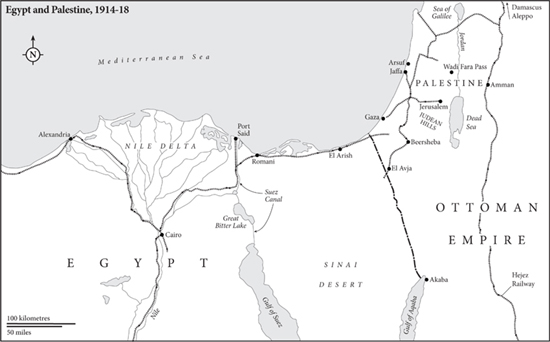
THE GREAT WAR was the single most important event of the twentieth century, shaping the world that we live in today. Yet it is often regarded as a pointless war; a catastrophic mistake fought for little or no reason. Historians, politicians and economists may testify to its over-arching importance, but somehow the popular belief remains that it was all for nothing. Yet how could that be? Was everyone afflicted by a communal madness? Or were there really some very important issues at stake in this frontal collision between forces whose vision of Europe and the world could no longer co-exist peacefully? In 1914 there was an absence of any real attempts by statesmen on either side to resolve their difficulties through compromise and meaningful negotiation, making war all but inevitable given the aggressive posture adopted by the Austro-Hungarian and German Empires after the assassination of Archduke Ferdinand on 28 June. Once started the Great War had to be fought to the finish as none of the participants could countenance a defeat that would mark the end of their economic, political, military and imperial ambitions. This was not a war to end war but rather an attempt to resolve the main issues of the day in one fell swoop. When industrial nation states resorted to armed conflict they generated a monstrous capacity for death and destruction, while at the same time the vastness of their populations meant that there were a lot of people to kill before victory could be proclaimed.
The men who fought in those epic battles may all be dead, but the direct consequences of their collective actions still surround us. The war subverted the rules by which men had hoped wars would be fought, unequivocally sucking in the civilian non-combatants that had been hitherto at least partially excluded from the mayhem. Of course this was not the first time that armed conflict had strayed from the path of civilised behaviour. But it was the sheer scale of the transgressions that distinguished the Great War. This was an all-embracing conflict reaching far and wide across the continents. It premiered devilish new weapons and created new methods of mass slaughter. Most awful of all, it gave birth to the twin concepts of a nation at arms and total war. Previously the Thirty Years War, Seven Years War, Napoleonic Wars and American Civil War had seemed the benchmarks for horror; but these were as nothing in comparison to the long years of frantic mayhem that stretched from August 1914 to November 1918. By the end of the Great War the old European order that had ruled the world had been swept away. Once mighty empires had fallen as the German, Russian, Austro-Hungarian and Ottoman hegemonies were all trampled into the dust. The French and British were left drained of energy, wealth and prestige even as they drank from the poisoned chalice of victory. New world powers would rise in the aftermath of the war. Most obviously, the United States converted her hitherto unrealised military potential into a reality, while her economy began to achieve worldwide pre-eminence. The Japanese too were stirring. They had been involved only on the periphery of the fighting, but they watched with interest the humiliating exposure of the traditional Western imperial powers. In the post-war years Japan would attempt to expand her role in the Far East, seeking to establish a new Empire of the Rising Sun. Powerful political forces were unleashed by the war. Communism had been lurking in the wings for a while, but the success of the Bolsheviks in Russia would spread its spectre, real and imagined, across the globe for the rest of the century. The ugly creed of fascism was created from the fall-out of the war: a pernicious amalgam of racism, nationalism and right-wing dogma all nurtured by the dreadful post-war social and economic conditions which left millions looking for easy answers to impossible questions. The war had even created a fertile breeding ground for a new plague, the influenza virus known as Spanish flu, which spread across the globe, causing a loss of life on a scale that would dwarf even the slaughter of war.
In this book we will look at the whys and wherefores of the military conduct of the Great War in an attempt to discern what was really going on, rather than attempt to reference every political, social or artistic movement. At heart, this is a history that will examine the nature of the immense problems encountered by the commanders who bore the ultimate responsibility in battle; the strategic imperatives that drove them into battle; and the tactics they devised to achieve success. Direct quotes from the generals and admirals will show that there was usually a rhyme and a reason to their decisions, while evocative accounts from the men they commanded will show the terrible consequences of those orders for the men who had to enact them. In this, the book will reflect what they knew, or thought they knew, at the time, rather than offer insights vouchsafed by hindsight. Sadly, there was no easy way to victory for either of the great power blocks. If there was a madness then it surely lay in the initial decision to go to war, not in the tactical decisions of the commanders in the field. Whatever they did the war would still have bitten deep, killing millions, as millions fought to the death. This was the modern industrial age and flesh and blood would have to face new weapons of war deployed in an ever-changing tactical clash between attack and defence, whoever was in charge. While it is only human to feel pity at the terrible suffering endured over the four years of war, the intention here is to explain the desperate nature of the fighting, not to create a false aura of victim-hood for the soldiers who died as they tried to kill. The military history of the Great War is often misrepresented by academics from other disciplines, who settle for the easy clichs such as the butchers and bunglers calumny, spouting as gospel the sort of unreferenced nonsense which would make them blanch within their own fields.
Next pageFont size:
Interval:
Bookmark:
Similar books «Great War: 1914-1918»
Look at similar books to Great War: 1914-1918. We have selected literature similar in name and meaning in the hope of providing readers with more options to find new, interesting, not yet read works.
Discussion, reviews of the book Great War: 1914-1918 and just readers' own opinions. Leave your comments, write what you think about the work, its meaning or the main characters. Specify what exactly you liked and what you didn't like, and why you think so.

